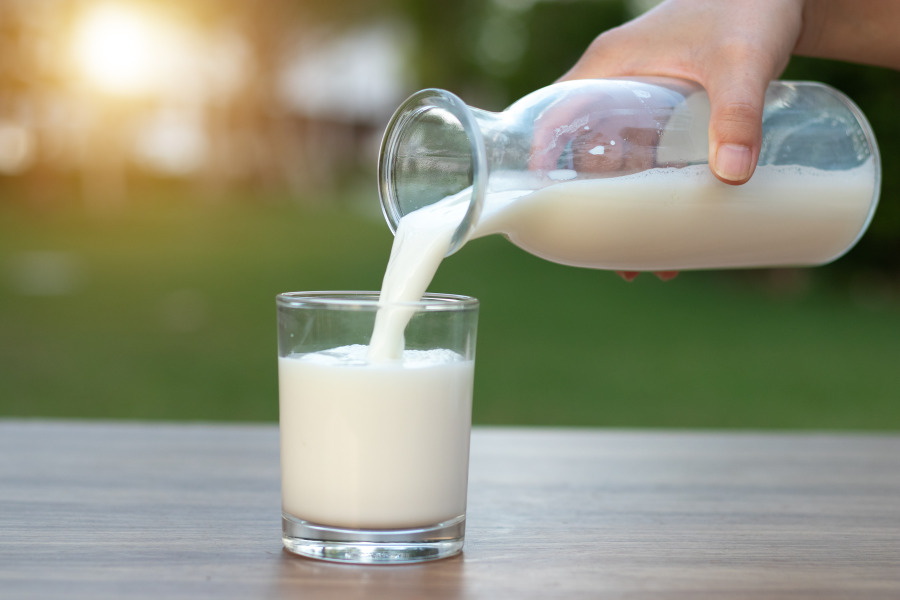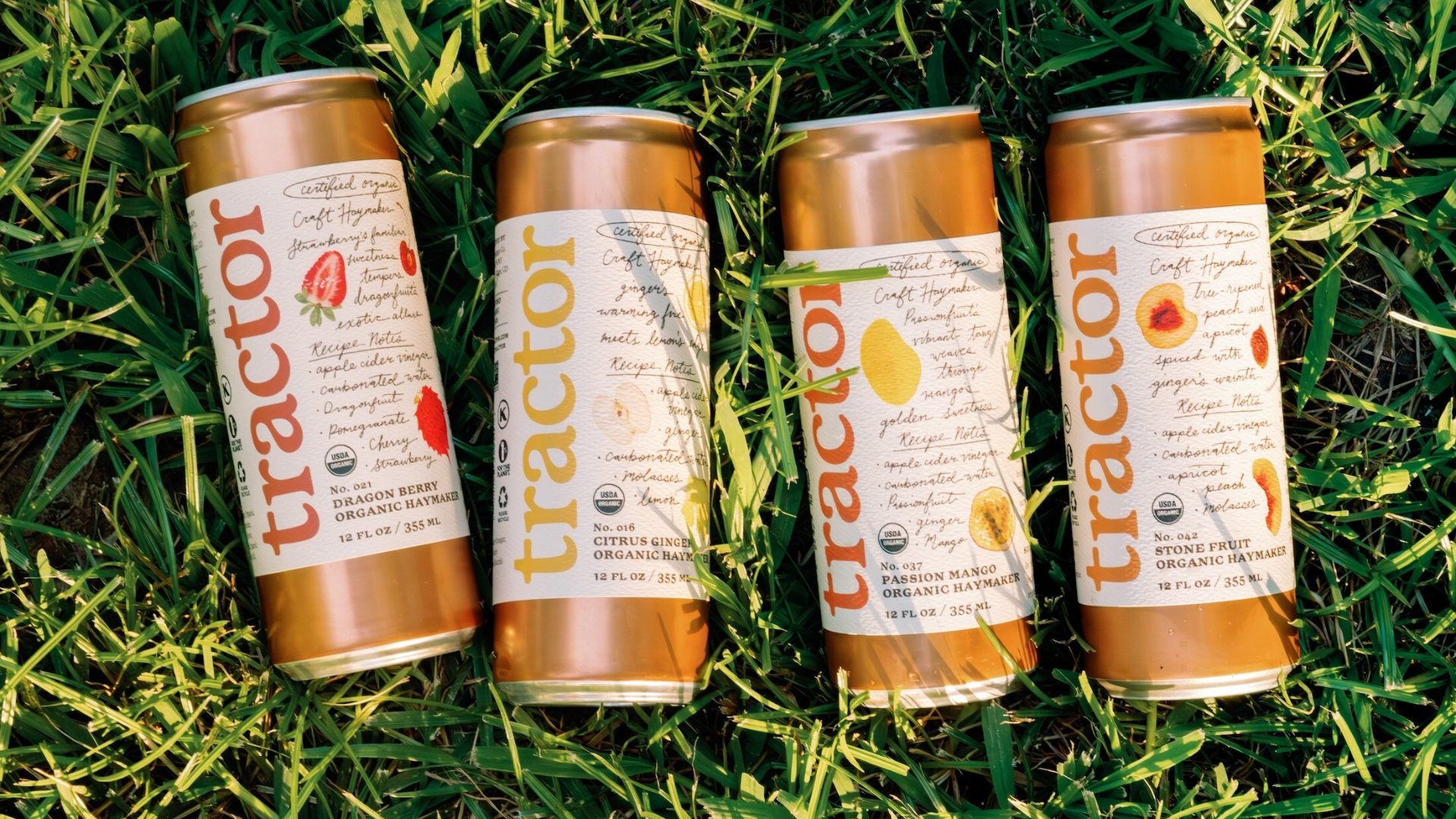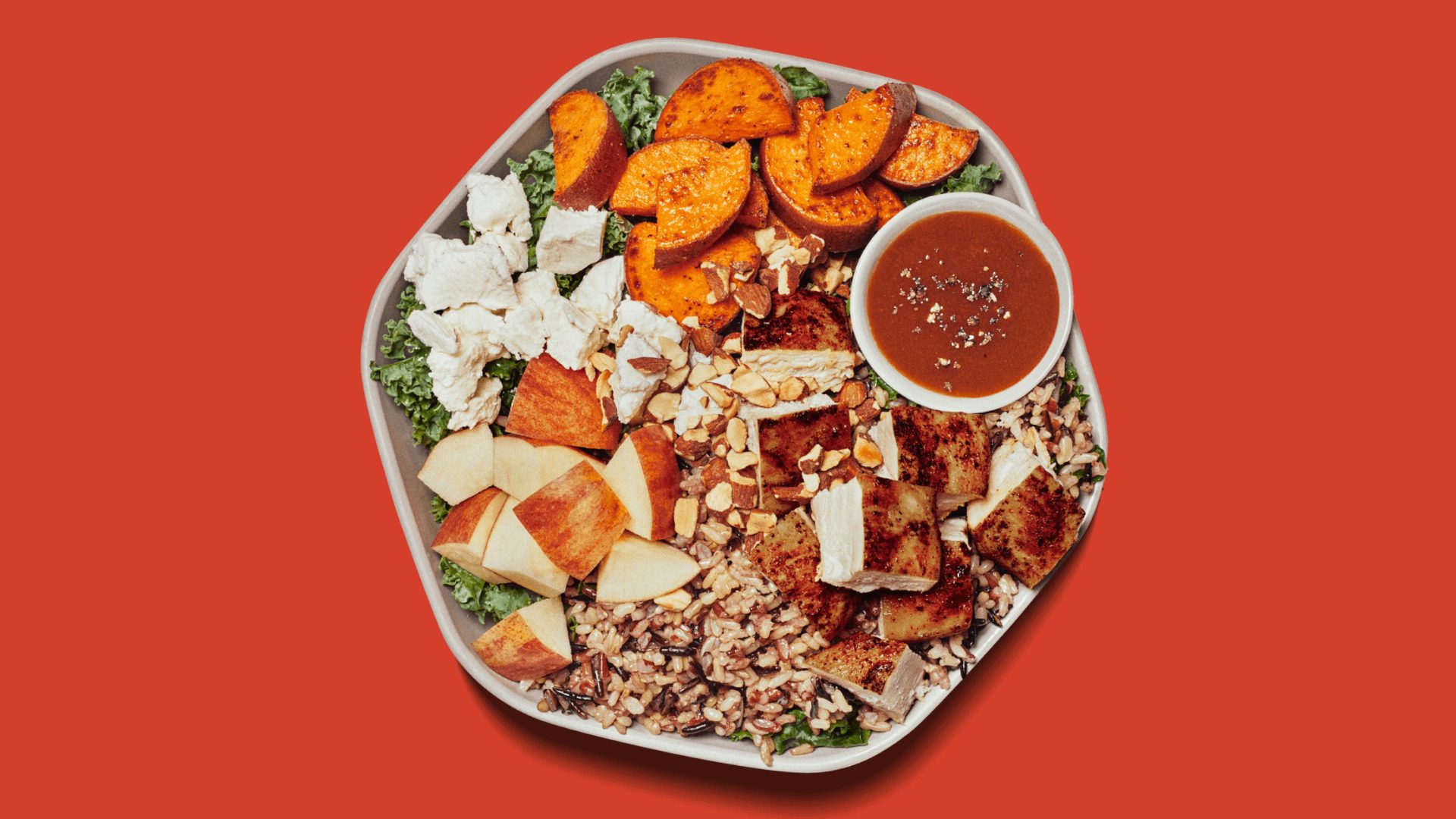The latest USDA data shows that dairy farms are on the decline, while plant-based milk alternatives are growing in popularity.
DAIRY FARM NUMBERS DECLINE
USDA’s National Agricultural Statistics Service’s latest Milk Production report shows another annual decline in the number of licensed dairy operations in the U.S., according to The American Farm Bureau Federation. Since 2003, the U.S. has lost more than half of its licensed dairy operations and is now just shy of 32,000 facilities. At the same time, the report showed that U.S. milk production in 2020 was 223 billion pounds, increasing just over 2% from the 218 billion pounds produced in 2019.
IS THERE STILL HIGH DEMAND FOR DAIRY?
Despite pandemic-related issues, there is still a high demand for dairy farmers’ products. In particular, butter sales soared last year as people stayed home and turned to baking and cooking to pass the time, reported Bloomberg (Nov. 15, 2020).
The 2020 boom was part of a long-term comeback. On a per-capita basis, Americans eat less butter than they did in the early decades of the 20th century, but they eat more than they did in the 1980s and 1990s.
However, the key to dairy industry resilience is cheese. Americans consume nearly three times as much of it per-person as they did in 1970.
NEW MILK ALTERNATIVE GOES MAINSTREAM
Though dairy still has a clear consumer base, the growth in plant-based diets has led to certain milk-alternative products going mainstream. The latest to do so is oat milk.
Starbucks cafes nationwide will carry Oatly’s nondairy substitute starting this week, reported CNBC (March 1). The oat milk will be incorporated into Starbucks’ spring menu through the new Iced Brown Sugar Oatmilk Shaken Espresso.
In the last year, oat milk sales in the U.S. climbed more than 170% during the 52-week period ended Feb. 13, compared with the same time a year ago, according to Nielsen data. Fans of the drink claim it mixes better with coffee than other milk substitutes, while Oatly says the process of making oat milk consumes less water than making almond milk—making it appealing to environmentally-conscious consumers.










